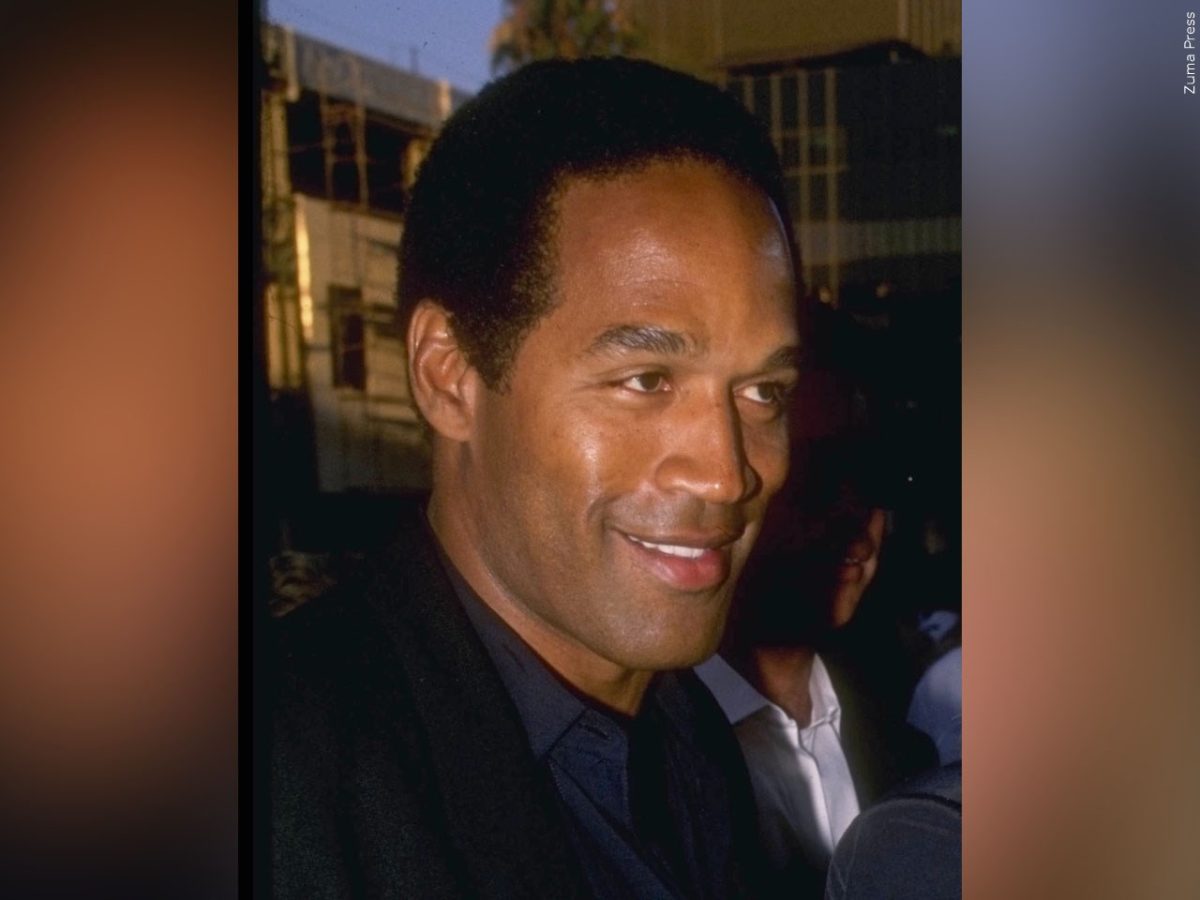On April 11, 2024, O. J. Simpson passed away at the age of 76 due to cancer, sparking up conversation of his case again. The Simpson case has puzzled society since his 1995 trial, where he was accused of a double homicide. Pleading not guilty, Simpson refused any claims that were thrown at him, but many who were watching the case were not convinced of his innocence.
Eventually, Simpson won the trial, being set free. The former NFL star put the case behind him until 2006, when he published his book “If I Did It: Confessions of the Killer.” In his book, he went through what he would have done if he had committed the murders of his ex-wife and her friend Ron Goldman.
While Simpson was acquitted of the murder accusations, he was ordered to pay $33.5 million in damages to the family of his late ex-wife, Nicole Brown Simpson. This huge financial hit created many hardships in Simpson’s life, causing him to struggle to pay for his lifestyle and raise his children.
In 1992, just three years before the verdict of the Simpson case, Rodney King’s case was another very popular case in the media. In King’s case, he was a victim of a racial injustice, having received severe police brutality. As a result of King’s case, many protested the injustice, but they never received any severance. When Simpson was given the innocent verdict, it shocked society, as much of the evidence pointed to guilt. It was not until after Simpson had passed away that an African American juror spoke out about the reality of the case.
Carrie Bess was a juror in Simpson’s case and was interviewed by a documentary crew for a story of Simpson’s life and admitted something almost as shocking as the final verdict. Bess claimed that during the trial, 90% of the African American jurors wanted to acquit Simpson as a form of payback for the injustice done to King. She herself was among the 90%.
The ethics of the trial have been questioned by the media for decades, and as time has progressed, more and more people believe that Simpson was guilty and do not understand why the jury named him innocent. The insight that Bess gave the media might finally settle the debates of why Simpson was acquitted even when so many believed him to be guilty.
Even though this case occurred in the 1990s, people of all ages are still talking about it today, especially after the death of Simpson.
“The case is also all over my social media recently,” said Piper Zeger, a sophomore mass communication major. “I would not be surprised if his race played an impact in his case, but I think the information and evidence is more relevant than his race.”
So much of the case has been talked about, including the infamous bloody glove that was used as evidence. The bloody glove was found at the murder scene and is thought to have been left by the killer. Simpson tried on the glove but it was too small for him, allowing many to think that he could not have been the killer. Due to so many different arguments confusing the facts of the case, it makes it difficult for observers to form an opinion.
“Given the information, that does change my view of him a bit,” said Sydney Auriemma, a sophomore mass communication major. “He could’ve been capable of killing her, but I’m not certain.”
Simpson’s death has put the case back in the news, allowing for many to react to it for the very first time.
“I never really knew much about the case,” said Aliyah Garcia, a sophomore biology major. “I mean, I watched a documentary about it once, but that was it.
Simpson never confessed to having killed anyone, not even on his deathbed, meaning the world will never fully know about what happened to Brown Simpson and Goldman.


